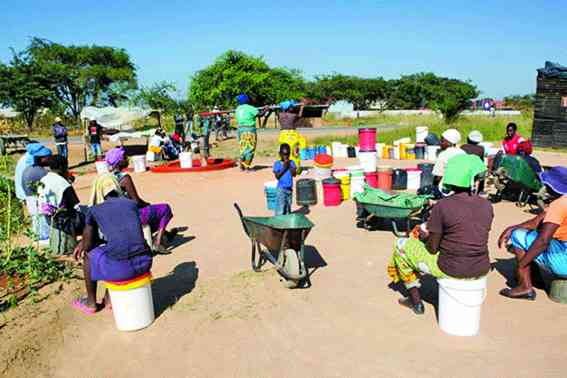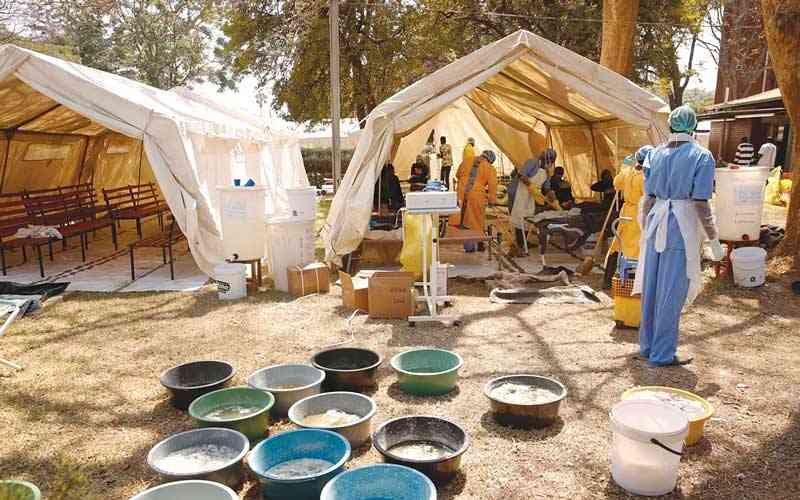
RESIDENTS of Zimbabwe’s second largest city, Bulawayo, have sent an SOS in the wake of a debilitating water crisis in the metropolis where many are failing to access the precious liquid in a region which has been known for water scarcity for generations.
In their latest call for help, desperate residents have given their local authority, the Bulawayo City Council (BCC), a seven-day ultimatum to urgently sort out the water crisis in the city.
While we understand that BCC needs to move with haste on this issue, we believe this matter should directly fall in the hands of central government, which has not only let down Bulawayo but the capital city Harare also where it has watched at akimbo as the capital city turns into a health catastrophe due to a poor water supply situation.
The major challenge facing most, if not all our urban areas, has been inadequate raw water supplies, which we believe directly falls under government and its Zimbabwe National Water Authority. Since independence in 1980 government has been found wanting in terms of constructing new raw water sources for our urban areas where populations have been rapidly increasing hence raising water demand.
In fact, if truth be told, government has been sadly playing Russian roulette with our lives on the water issue because if at all it was serious about resolving Bulawayo’s water crisis, for instance, it should have sorted it out ages ago.
But sadly when the Lands, Agriculture, Water and Rural Development minister, Anxious Masuka visited the city last week he was too lackadaisical for our comfort when he suggested that government will only declare a state of disaster regarding Bulawayo’s water situation when a technical committee which has been set up to look into the issue makes its recommendations.
Bulawayo, and indeed the country’s water situation — especially as an El Nino-induced drought intensifies, does not need such bureaucratic red tape.
For goodness sake, this is a crisis and for government to take its sweet time to make sure people in Bulawayo and elsewhere access water is a grave human rights violation. This is why on July 28, 2010, the United Nations General Assembly explicitly recognised through Resolution 64/292 the right to water and sanitation because “clean drinking water and sanitation are essential to the realisation of all human rights”.
- Uproar over census figures
- Byo Arts Festival in turmoil…One year later, festival has yet to pay artists…Organisers play cat and mouse with artists
- Bulawayo struggles to clear housing backlog
- Council acts tough on debts
Keep Reading
So there is no room for excuses on the part of government on the issue of access to water for its citizens. The fact of the matter is that government has failed us and keeps failing us as far as the water supply situation in the country is concerned.
Water supply should be government’s top most priority over and above everything else because water is life and its failure to provide it is akin to shooting itself in both feet.
Incidentally, government has all along hepped about living no one and no place behind, so this is the chance for it to prove the sincerity of this mantra by making sure every citizens have access to water. There is absolutely no reason why Bulawayo residents should be issuing threats to their local authority when our capable government should sieze the moment and resolve their water challenges.








